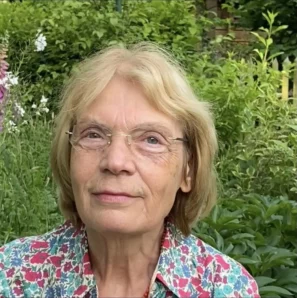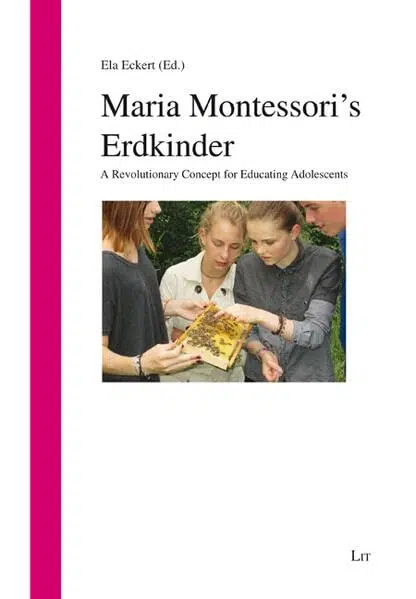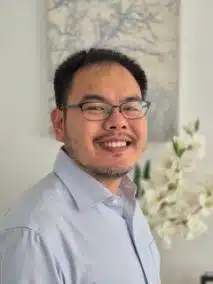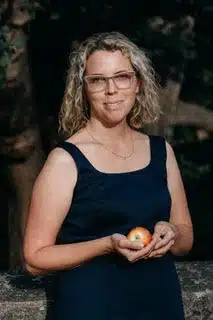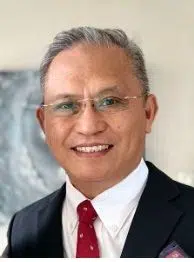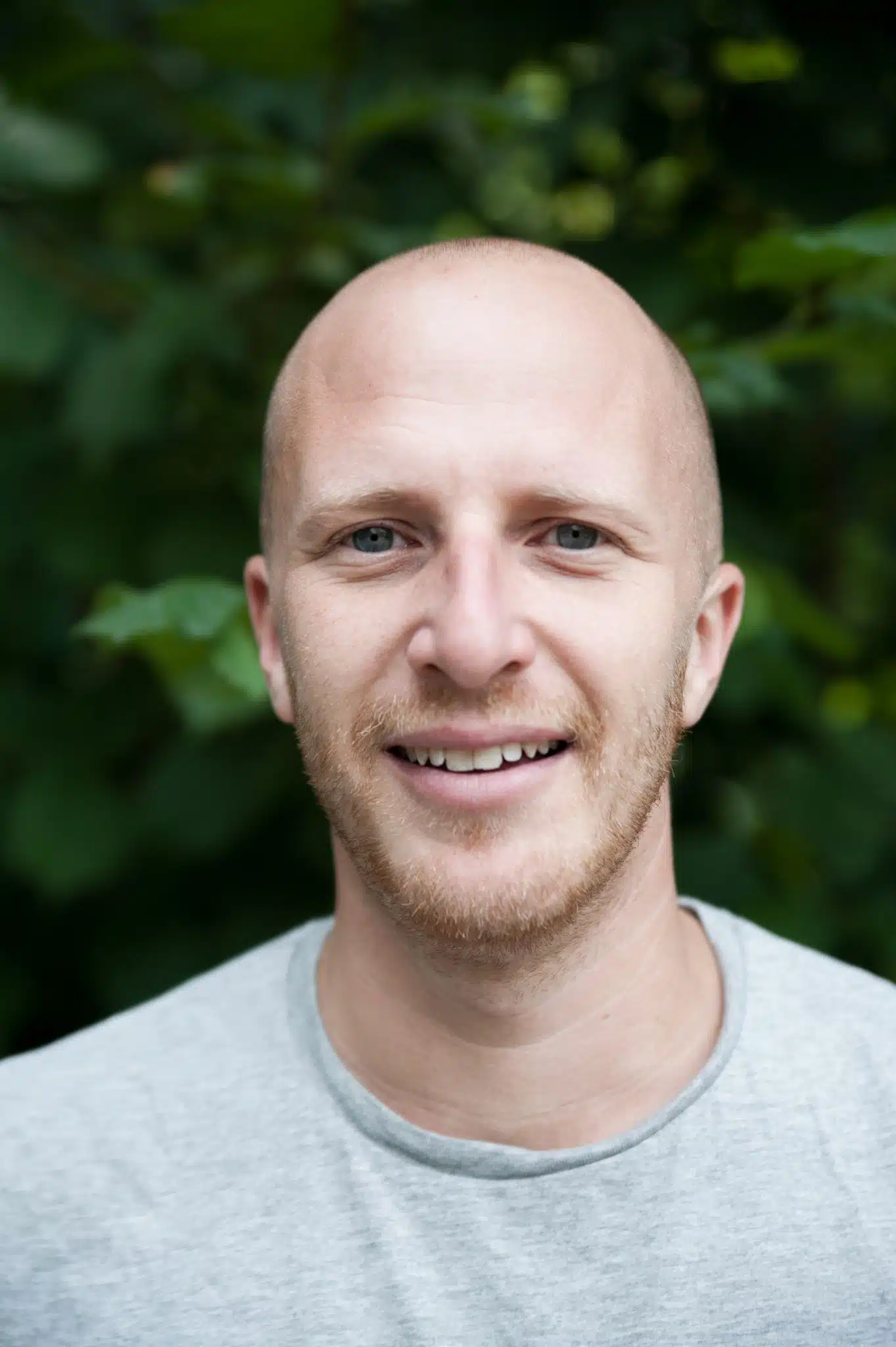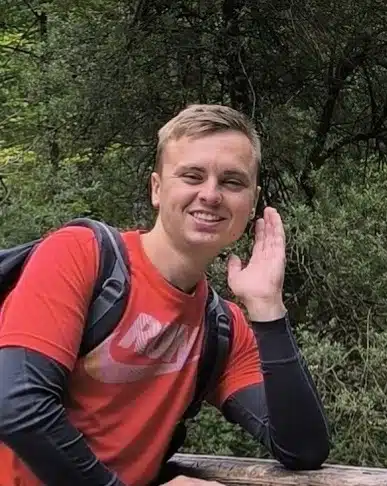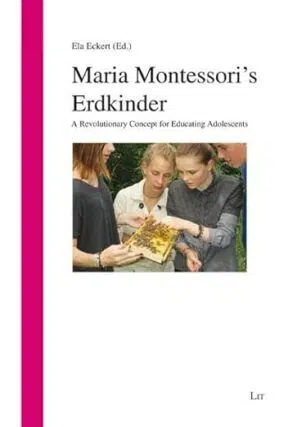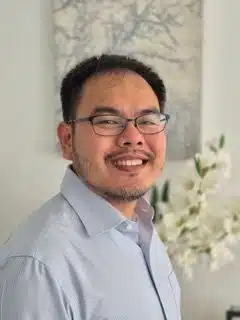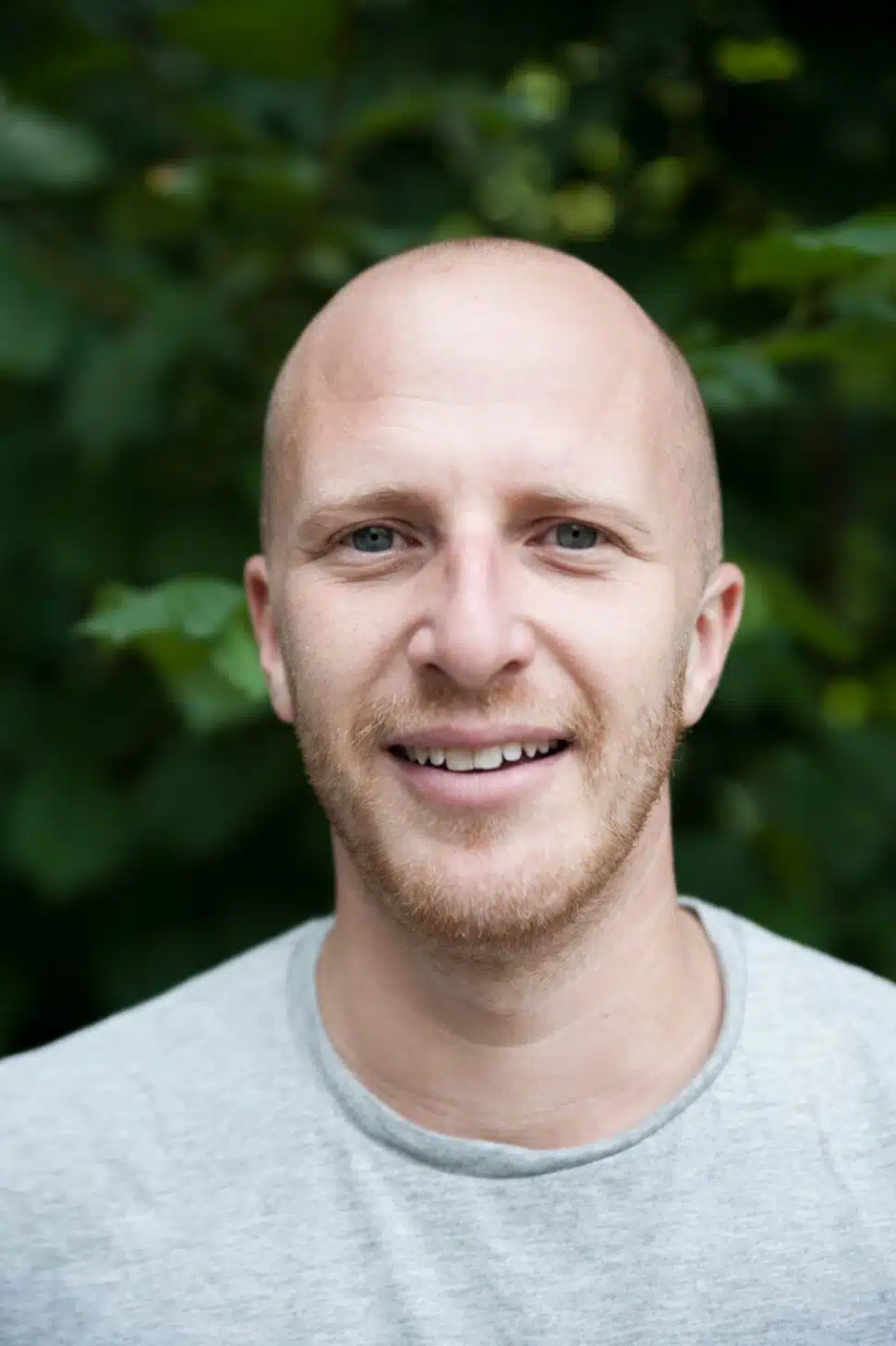Work and Study in Adolescent Programs:
Real Work, Real Learning
For educators, parents, and anyone committed to supporting the 12–18 age group
Give adolescents real responsibility, meaningful work, and learning that lasts.
Maybe it is you:
- Member of a school team building or refining their Adolescent program.
- Instructor in adolescent program (such as handicraft teacher, gardener, or specialist) but are not Montessori trained.
- Parent whose children are in, or will join, an Erdkinder setting.
- You want to understand how Montessori’s vision for adolescents comes to life through meaningful Work and Study.
In this workshop, you will learn:
- How a Work and Study cycle begins, how it is planned, and how long it lasts.
- How adolescents and adults work side by side in meaningful practical and theoretical learning.
- How individual choice fits naturally into Work and Study.
- How the 3-Stage Learning Cycle supports academic, social, and personal development.
- How Work and Study contributes to responsibility, self-discipline, and community life.
Vision and Real Experience of Adolescent Programs
A visitor once asked two adolescents in an Erdkinder environment: “What is the best thing about learning here?”
L: “Individual learning in a community.”
R: “Variety in learning. You spend time outdoors, have fun, and only later realise how capable you are.”
This workshop helps you understand how the Work and Study model creates this kind of growth.
Erdkinder context
Maria Montessori envisioned a school that is not a school. She described a Centre for Study and Work on the Land with spaces that support community life, practical responsibility, and academic learning.
This workshop shows how these ideas connect to the Work and Study component and how they can inspire your own program.
Panel discussion
A panel of experienced Erdkinder practitioners will share how they began implementing Work and Study, what has worked, what challenges they faced, and what advice they have for new programs.
Practitioners:
- Xavier Barrameda, Director of Pedagogy
- Roman Klune, running Erdkinder program in Vienna
- Christopher Barrameda, founder of 4 adolescent campuses
Includes a dedicated 30-minute Q&A for your questions.
Join the workshop here:
Your practical takeaways:
- A detailed handouton how to plan and carry out a Work and Study.
- A clear understandingof the 3-Stage Learning Cycle as a natural continuation of earlier Montessori work.
- Guidance on supporting adolescent self-disciplineand the role of the adults in Work and Study.
These are concrete tools you can use immediately in your adolescent program.
About Ela Eckert, Dr. phil.
trained as a teacher and studied educational sciences at the universities of Oldenburg/ Germany and Uppsala/ Sweden. Maria Montessori's approach to education in its various aspects became the focus of her studies early on; after obtaining a Montessori diploma and gaining practical experience with 6-12year-old children in Uppsala, she chose the fascinating topic of the origins of Cosmic Education for her dissertation and completed her doctorate at the University of Oldenburg in 2001. As her students grew older, Montessori's Erdkinder concept became another exciting adventure in her work, which continues to this day.
Ela Eckert is also a board member of the Deutsche Montessori Gesellschaft (DMG), where her main focus lies on publications; in this capacity she is active in the editorial team of the journal DAS KIND, but also engaged in editing Montessori texts in Germany.
About the panelists:
DO YOU HAVE A QUESTION?
Feel free to contact us!

